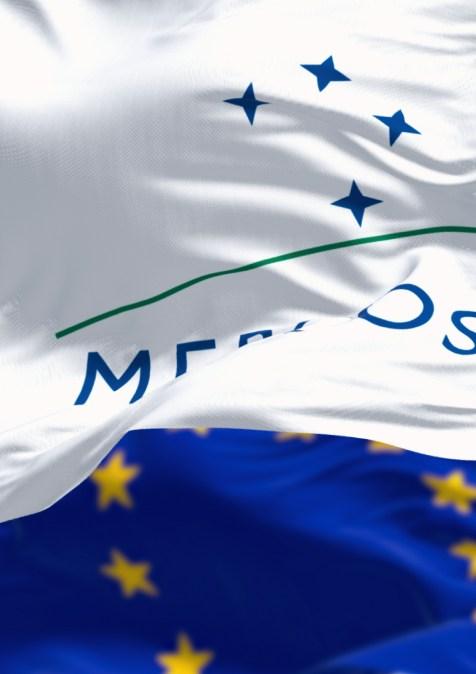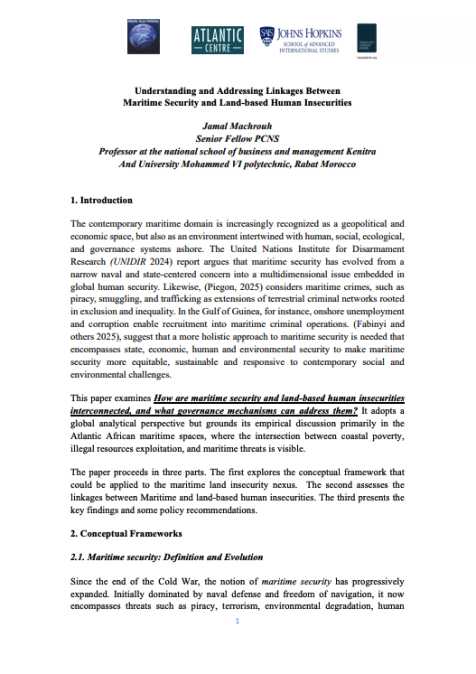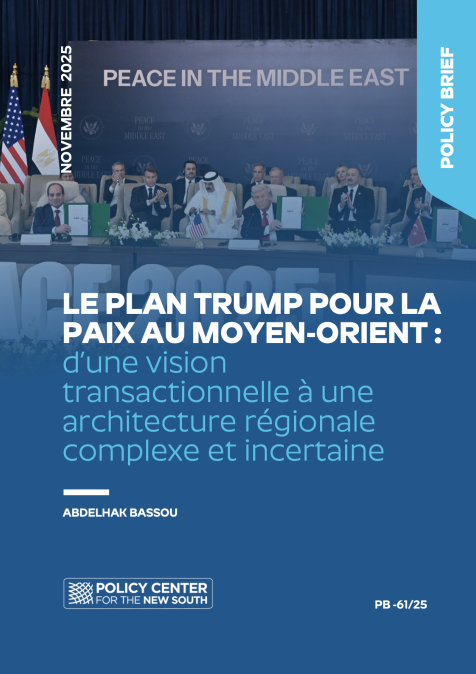Podcasts
La réforme des Opérations de Maintien de la Paix : une nécessité impérieuse
18
June
2018
Related topics:
Dans ce Podcast, Hugo Sada aborde la question de la réforme des Opérations de Maintien de la Paix de l’ONU, qu’il considère ‘’nécessaire’’. Il y explique, aussi, les raisons qui retardent la concrétisation des recommandations formulées à cette fin dans des rapports successifs, émanant notamment d’anciens Secrétaires généraux de l’Organisation internationale.











